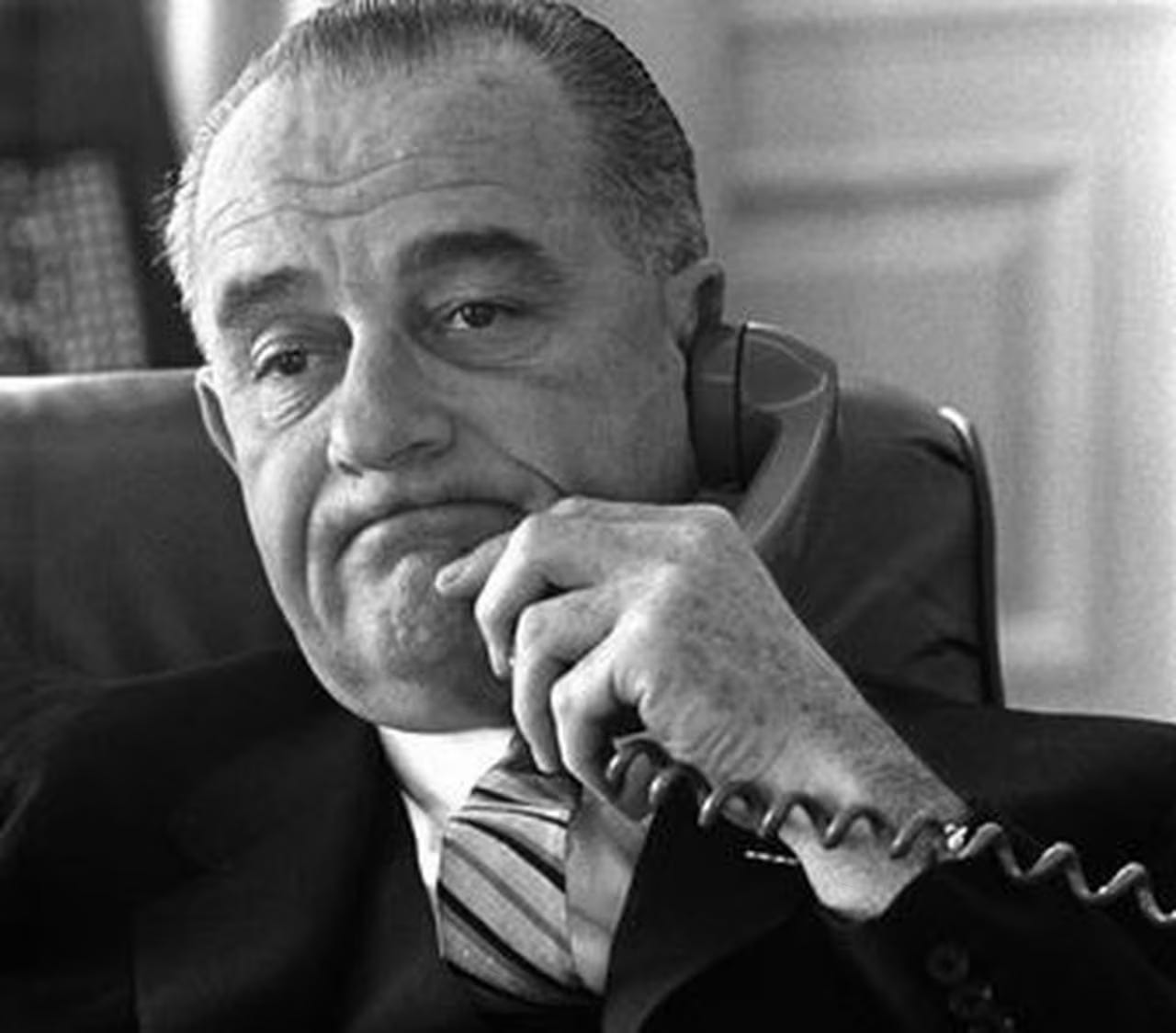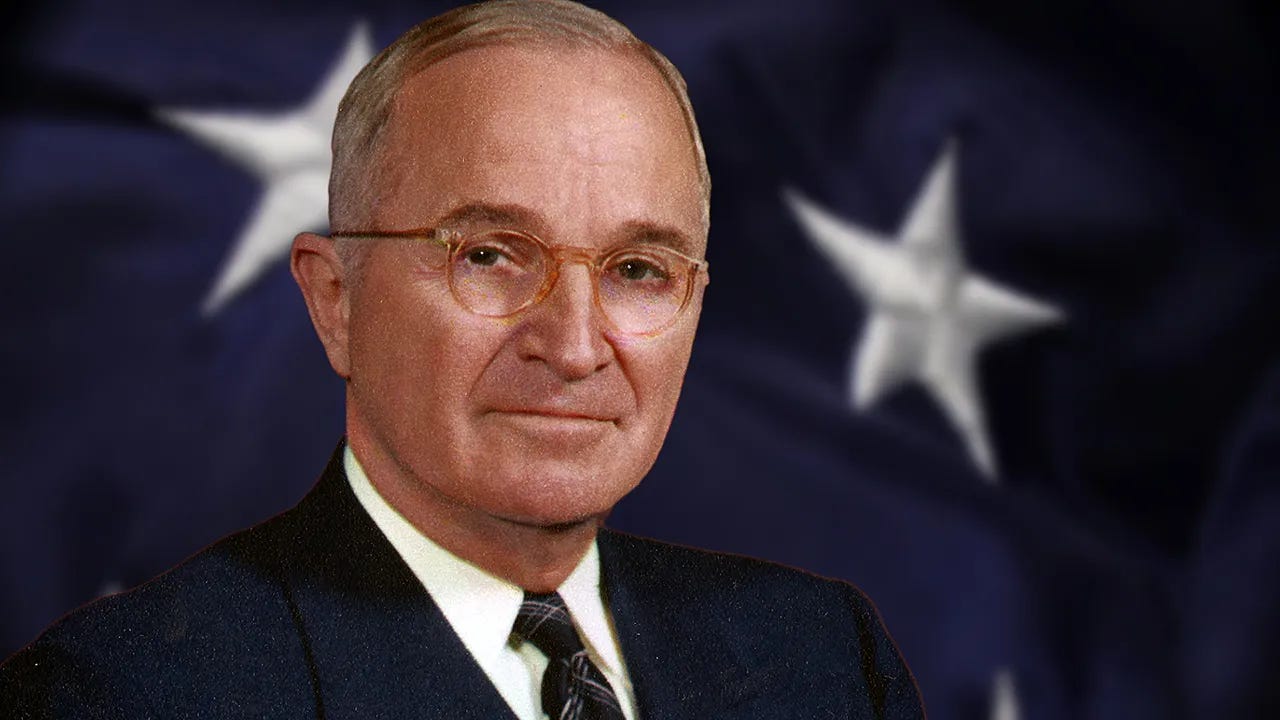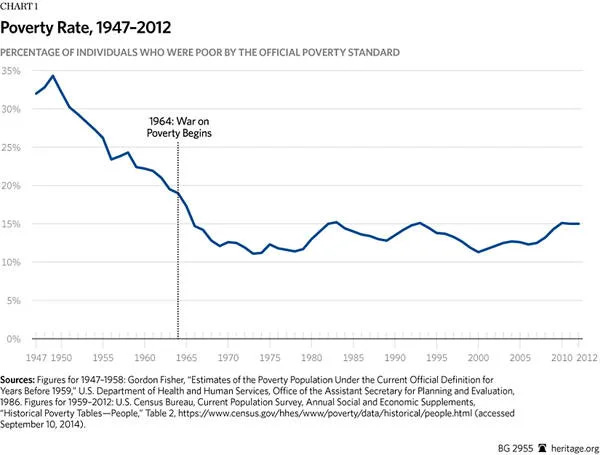Some people have asked me to place my belief system within the current American two-party system. It seems like a simple request, but it is not.
As anyone who reads my column regularly knows:
I endorse the Progress-based Perspective.
I reject ideologies as dangerous oversimplifications of a complex world. They typically lead to failed policies that do more damage than good. Worse, most of them undermine the foundations of progress.
I think that the United States needs more political parties.
When I say that, most Americans try to push me to choose between Democrats and Republicans. Given the current partisan polarization and the remarkable intolerance that many people have developed for people with different opinions, I am not happy making that choice.
I wish that there was a third party of the Center whose program was based on the concept of Progress and Upward Mobility. I have a plan for how to reform the American electoral system so third parties have a reasonable chance of victory, but that may take decades to implement.
See more articles on Upward Mobility:
I also will be writing a significant number of excerpts from my forthcoming book: Upward Mobility: A Radical New Agenda to Uplift the Poor and Working Class. Most of these excerpts will only be available to paid subscribers.
Other books in my “From Poverty to Progress” book series:
So let me directly answer the question. I am a proud member of the Democratic party of late 1964. Since then, the party and American politics have all gone to hell…
Now that I have gotten that out of the way, let me give a more detailed answer as to why.
I am a former Democrat. For much of my adult life, I could not even conceive of voting Republican. I actually ran for state-level office as a Democrat in the late 1990s and almost won. I often wonder what would have happened to my life if I had won. After I lost the election, I decided to get a “real job” in the Digital Technology industry, and I gradually withdrew from politics. By 2008 the withdrawal was complete.
It was only in 2021 that I started to follow politics again. I completely missed the Obama and Trump administrations, for which I am grateful.
In the 1980s, I was a youthful “Leftie,” but I always had a pragmatic side. I devoured Left-wing literature, but I also read plenty of moderate, conservative, and libertarian literature. I hated Ronald Reagan, though I now realize that he was right about most issues. I supported radical ideas but then was comfortable supporting pragmatic politicians like John Anderson, Gary Hart, and Al Gore (though never a Republican).
My experience of living in Social Democratic Denmark and then attending Brown University during the height of Political Correctness and “red-pilled” me. I realized that there was a big difference between Leftist ideas and Leftist reality. I guess in the end, my focus on Results overcame my romantic ideals of a sudden change towards a better world.
It was then that I began to realize that something had gone horribly wrong for the Democrats, and it started in the mid-to-late 1960s. The party had morphed from a “party of the working class and farmers” concerned about economic growth, jobs, social insurance programs, trade unions, and a strong military to a “party of college-educated professionals” obsessed with cultural issues.
By the early 1990s, I was really worried about the leftward drift of the Democratic party, but during that period moderate New Democrats seemed to have the upper hand. Three straight losses in presidential elections (1980, 1984, and 1988) have a way of clearing the mind.
At the time, I was hoping to be part of the course correction pushing the Democratic party toward the Center. I was cautiously optimistic that Bill Clinton was the man to lead that change. I was also a strong supporter of Ross Perot and hoped that his Reform party would amount to something (which it did not).
I now realize my mistake. The true power in domestic affairs is not in the Presidency. It is in Congress, and to a lesser extent the federal bureaucracy. And Congress is controlled by primary voters in the majority party.
Presidents can implement legislative reforms in a few key areas in their first year in office, but after that their influence wanes. Year Two of the President’s administration is dominated by mid-term election campaigns, and Year Four of the President’s administration is dominated by the upcoming Presidential election campaign. Worse, second-term presidents quickly become lame ducks. Then they are forced to retire. And Congress is still there.
Once Bill Clinton retired, the left-ward drift of Democrats within Congress (and on the local and state level) continued. This is not a coincidence.
The left-ward drift of Democrats was because of incentives built into our political system. I explain them in detail here, here, here, and here. I also propose an electoral reform plan to fix them and how to implement those reforms.
Particularly since 2010, the Democratic party of today has been almost unrecognizable to the Democrats of the past. What was once a tiny part of the Democratic coalition, ideological activists from the college-educated professional class, now dominate the party at almost every level. The Presidency and a few Senate seats are the only offices where a moderate Democrat has a reasonable chance of victory. And increasingly those campaigns are dominated by Democrats that are no different from Blue-state Democrats.
As a result, people like me have left the Democratic party. This, along with other trends, has accelerated the left-ward drift of the Democratic party even further.
Now I am an Independent who has a negative opinion of both the Democratic and Republican parties, and I always have to plug my nose to vote. I have not been enthusiastic about a political candidate in the last 20 years, and I have a negative impression of the vast majority.
In the past, I have typically chosen the most moderate candidate from either major party who has a reasonable chance of victory. Each year the moderates within the two major parties get smaller and smaller in number. Sometimes, I give up and vote for third-party candidates. Since I have a deep respect for governing experience, this is not a happy choice.
So when did it all go wrong?
If I had to choose a time when one of the major parties was relatively close to my viewpoint, I would choose the Democratic party in late 1964. Yeah, I know. You have to go pretty far back to get something that I can get enthusiastic about. I would also list the Republican party in the 1860s, but that is going even further back.
Why late 1964? Well, that is after the Civil Rights Act of 1964, which I believe is one of the most important pieces of legislation in American history. I would also include the subsequent Voting Rights Act of 1965.
These two pieces of legislation corrected by far the biggest mistake in the history of the Democratic party: support for racial segregation disenfranchising blacks in the South (and, yes, the Democrats were the party of white supremacy from the 1830s to 1963. If you do not believe me, look it up).
Why not later dates? Because of what happened in 1965.
I believe the Great Society, which was largely passed by Congress in 1965, was one of the worst legislative packages in American history.
The Great Society signaled a great shift in the underlying ideology of the Democratic party. It implemented a boatload of means-tested social programs that have wasted trillions of dollars and undermined Upward Mobility for the poor and pissed off the working class.
In 1965 the Democrats essentially abandoned their focus on social insurance programs - Social Security, Disability Insurance, Unemployment Insurance, and Medicare - in favor of means-tested social programs that target the poor and racial minorities. The result was hurting the very people that they were trying to help.
A quick definition: “Means-tested” programs determine eligibility based partly or wholly on whether a person is under a specific income. Typically, the cut-off income is low enough to include only the poor and the near-poor. Most people use the term “welfare” although it is unclear which social programs belong to that group. Such programs hardly existed in the United States in 1964, except for widows with children.
I am convinced that the Great Society and the gradual expansion of spending for those programs undermined Upward Mobility for the American poor and working class over the last 60 years. If you do not believe me, take a look at poverty rates (particularly for those under age 65). Poverty rates were dropping like a rock between 1946 and 1964, then they suddenly stopped in 1965 and have remained more-or-less flat since the programs started to receive full funding in the late 1960s (there is always a lag between legislation and full funding).
There are, of course, methodological flaws, to an interrupted time series graphic (which you can see below), but the break in the trend is very arresting. If this graphic only included those under age 65, then the break would be even more clear.
And, no, the abrupt shift was not caused by:
slowing economic growth
deindustrialization
foreign competition, or
unemployment.
The entire 1960s was a massive economic boom with very low unemployment (for blacks and whites) and virtually no foreign competition. I believe that the cause of the sudden decline of Upward Mobility was:
the perverse incentives of our social programs which were largely enacted in the Great Society legislation of 1965, along with
A Cultural Revolution in the values of young people regarding work, sex, and marriage promoted by the Baby Boom Left.
Both of the above were due to Left-of-Center Americans who supported the Democratic party. The Democrats passed the Great Society and, at least the younger baby boomers, cheered on the Cultural Revolution and still do.
I will go into much more detail in my upcoming book Upward Mobility: A Radical New Agenda to Uplift the Poor and Working Class.
Not that I oppose every policy in the Great Society. I think Medicare was an essential program, though I think that it should be reformed. Not covering medical expenses for a gradually aging population is a disaster waiting to happen. And some kind of immigration reform was needed, although the Immigration and Nationality Act of 1965 had some major flaws.
No other nation chose this path
Interestingly, no other Western nation to my knowledge followed that same path. The welfare states of Western Europe are almost entirely based on social insurance programs. While other Western nations do have some means-tested programs, they are few in number and low in funding (and also tend to be very unpopular with voters). Anglo nations like the UK and Australia are the only examples of nations that (kind of) followed a similar path.
Let me be clear on my definitions. I believe that it is easiest to understand social policies by dividing them up into four big categories of social programs:
Social insurance programs, where everyone pays in and everyone is eligible regardless of their income (eligibility is usually based on age, health status, or employment status). Examples include Social Security, Medicare, Unemployment Insurance, and Disability Insurance, which do not.
The Democratic party of the 1930s, 40s, and 50s (along with Social Democrats in Europe) typically focused on Social Insurance programs and were very hostile to the concept of means-tested programs, which they thought would lead to laziness (Can you image a Democrat saying that today?).Means-tested programs, where everyone pays, but only those below a certain income are eligible.
Race-based and gender-based programs, which transfer benefits and jobs based on demographic characteristics and are typically not subject to means-testing. The result is that they typically benefit the most well-off within that group (not those who supposedly need the help).
Tax expenditures, where everyone pays indirectly via lost federal revenue, and above-average-income taxpayers are the primary beneficiaries.
When viewed from a very high-level perspective, European welfare states are based on the first category, while the American welfare states are based on the last three categories (with Social Security and Medicare being notable exceptions). Without even realizing it, LBJ and the Democratic party redirected the entire American welfare system in a totally different direction from the rest of the world.
This was a catastrophic mistake. And few people today are even aware of the change.
I object to tax expenditures for ethical reasons. They primarily benefit above-average-income taxpayers, which is something that should rarely be done unless there is a fundamental principle at stake (such as national defense or promoting long-term economic growth).
I object to race-based and gender-based programs for the same reasons. While these programs are sold politically as helping poor blacks and poor women, in reality, it is only the most educated who acquire those benefits. Worse, those programs fundamentally undermine the merit-based decision-making that society needs to experience Progress.
I object to means-tested programs because they do more harm than good to the very people who are trying to be helped. I fully endorse the idea of helping uplift the poor, but I am willing to acknowledge the obvious fact that our current programs are not working.
Unfortunately, Democrats are extremely reluctant to acknowledge this obvious fact. And they will ruthlessly attack anyone who does. Meanwhile, Republicans seem to have given up on the idea of reforming social programs.
When was the last time that you heard a major Republican talk about overhauling means-tested programs? Bill Clinton in the mid-1990s (with Republican support in Congress) was the only person who has even attempted a minor reform. Since then Republicans tend to focus on lowering marginal tax rates and fighting “culture war” issues.
We must choose another path
Anyone who claims to care about the poor must acknowledge a reality. That reality is:
A growing economy is far more effective at promoting Upward Mobility than redistribution.
It is extremely difficult to focus on helping poor people without simultaneously introducing negative incentives that make life worse for poor people.
That is why I believe that government programs should be based on the following:
Promote long-term economic growth.
Create a prosperous working class.
Promote a clear pathway that enables youths from low-income families to enter the prosperous working class.
The result will be Progress and Upward Mobility.
I am sure that many people on the Left will attack me as “not caring about the poor.” No, the reason why I am speaking up in the first place is that I do care about the poor. If I did not care about the poor, I would just keep repeating what everyone else says.
What might have been
I believe that if the Democrats had implemented an agenda similar to what I propose in Upward Mobility in 1965, instead of the Great Society, then American history would have been very different.
The poor and the working class would be much better off materially.
The national debt would have been much smaller (as much of it was caused by social programs established during the Great Society)
And the Democrats would have remained the dominant party, as they were from 1932 to 1968. It is not a coincidence that their electoral dominance all started to unravel in the years following 1965.
1965 was the Democratic party’s Waterloo. And the American poor and working class paid the price.
See more articles on Upward Mobility:
I also will be writing a significant number of excerpts from my forthcoming book: Upward Mobility: A Radical New Agenda to Uplift the Poor and Working Class. Most of these excerpts will only be available to paid subscribers.
Other books in my “From Poverty to Progress” book series:













Brilliant piece. Thanks!
Enjoyed the read!
However, if you would not have been a democrat from 1830-1963 or 1965-today, then I think you might be looking at the wrong party.
Seems to me that if you want to reform entitlement programs then you are closer to a mainstream 1980's-2015 Republican (you said Reagan was right, and Paul Ryan and others were very close to him) or a moderate Republican today. While Trump does not want entitlement reform, many Republicans do, so if a moderate Republican wins the 2028 primary the party could shift back and agree with you on most of the concerns you outlined here.